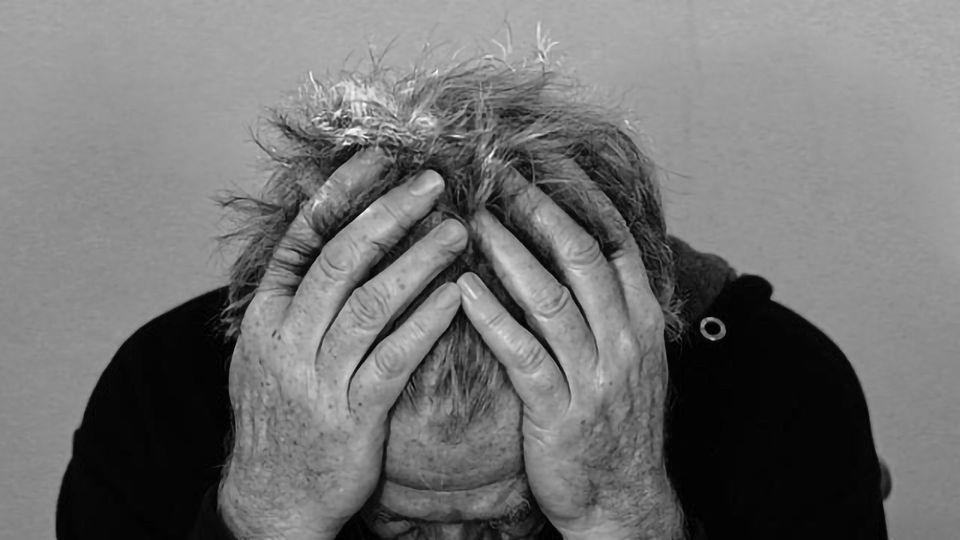Antidepressant Based on Ketamine Gets Backing From FDA Advisory Group

Complete the form below to unlock access to ALL audio articles.
A form of the hallucinogenic party drug ketamine has cleared one of the final hurdles toward clinical use as an antidepressant.
At a 12 February meeting at the US Food and Drug Administration (FDA) in Silver Spring, Maryland, an independent advisory panel voted 14-2 in favor of recommending a compound known as esketamine for use in treating depression. If the FDA approves the drug, it could buoy the chances of other ketamine-inspired treatments currently under development. But questions remain about esketamine’s overall effectiveness at lifting mood and its potential to be abused.
Mental health researchers rejoiced at the news. “I’m still a little bit in shock,” says James Murrough, a psychiatrist at Mount Sinai Hospital in New York City.If approved, esketamine would be the first truly novel antidepressant to enter the market in several decades. “If this comes to pass, we’ll have done what people have been quick to point out hasn’t been done since the original discovery of antidepressants.”
The FDA is expected to make a decision on esketamine by 4 March.
Mirror image
Researchers discovered ketamine’s antidepressant properties in the early 2000s. It’s unclear how ketamine, which is a mixture of two molecules that are mirror images of each other, works in the brain. But scientists do know that it acts extremely quickly to alleviate symptoms of depression — in a matter of hours as opposed to weeks — and in a very different way than other drugs approved to treat depression.
Ketamine, which can be abused, is already approved for use as an anaesthetic and cannot be patented. So an increasing number of companies are pursuing patentable compounds that mimic ketamine’s structure and apparent effects such as the speed with which it works. Esketamine, which is made by Johnson & Johnson (J&J) of New Brunswick, New Jersey, contains only one version of the molecules that make up ketamine.
At the FDA advisory committee meeting, J&J presented results from five phase III trials and several smaller trials of the drug, which together included more than 1,700 people. Only two of the five phase III trials showed positive results, and the people who received esketamine improved only slightly more than those who took a placebo.
The two FDA panellists who voted against approving esketamine cited the slight improvement, concerns over the drug’s side effects — including temporary dissociative and hallucinatory effects similar to ketamine — and the potential that the drug could be abused.
But the majority who voted to recommend the drug to the FDA cited considerations including patient preferences and the likelihood that at least some people would benefit.
“Ketamine is a nasty drug,” says advisory council member Steven Meisel, system director of medication safety at Fairview Health Services in Woodbury, Minnesota. But he was convinced by a J&J survey of its participants, who said that they were willing to risk the hallucinations and other side effects because their depression was so intolerable. “We don't take patients’ voices into account as often as we should.”
Moving forward with caution
Agency officials suggested that if the FDA approves esketamine, it is likely to require that patients receive the drug in a healthcare provider’s office, where they will be monitored for about two hours. They may also require J&J to maintain a registry of people who receive it and follow them for years to track their long-term health and to ensure that no one is reselling the drug illegally.
Because so little is known about how ketamine counteracts depression — or its long-term effects — it will be some time before esketamine is used as a first-choice treatment. “This isn’t the next Prozac,” says Gerard Sanacora, a psychiatrist at Yale University in New Haven, Connecticut, who was involved in some of J&J’s esketamine trials.
But he does think that it could be an effective treatment now for some people with severe forms of depression. “These people don't have hope and now that you offer them hope, that alone is a very powerful tool.”
This article has been republished from materials provided by Nature. Note: material may have been edited for length and content. For further information, please contact the cited source.

